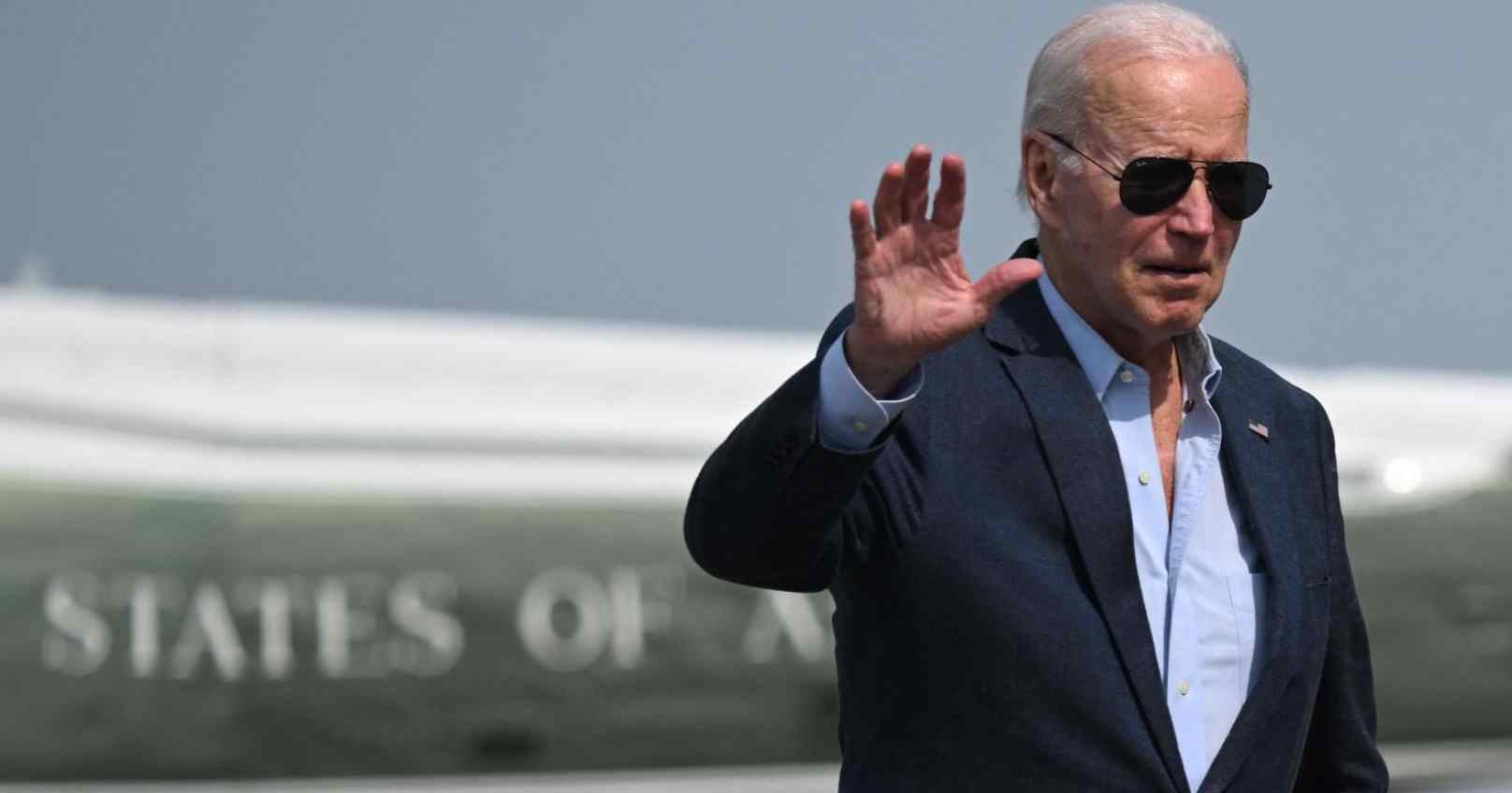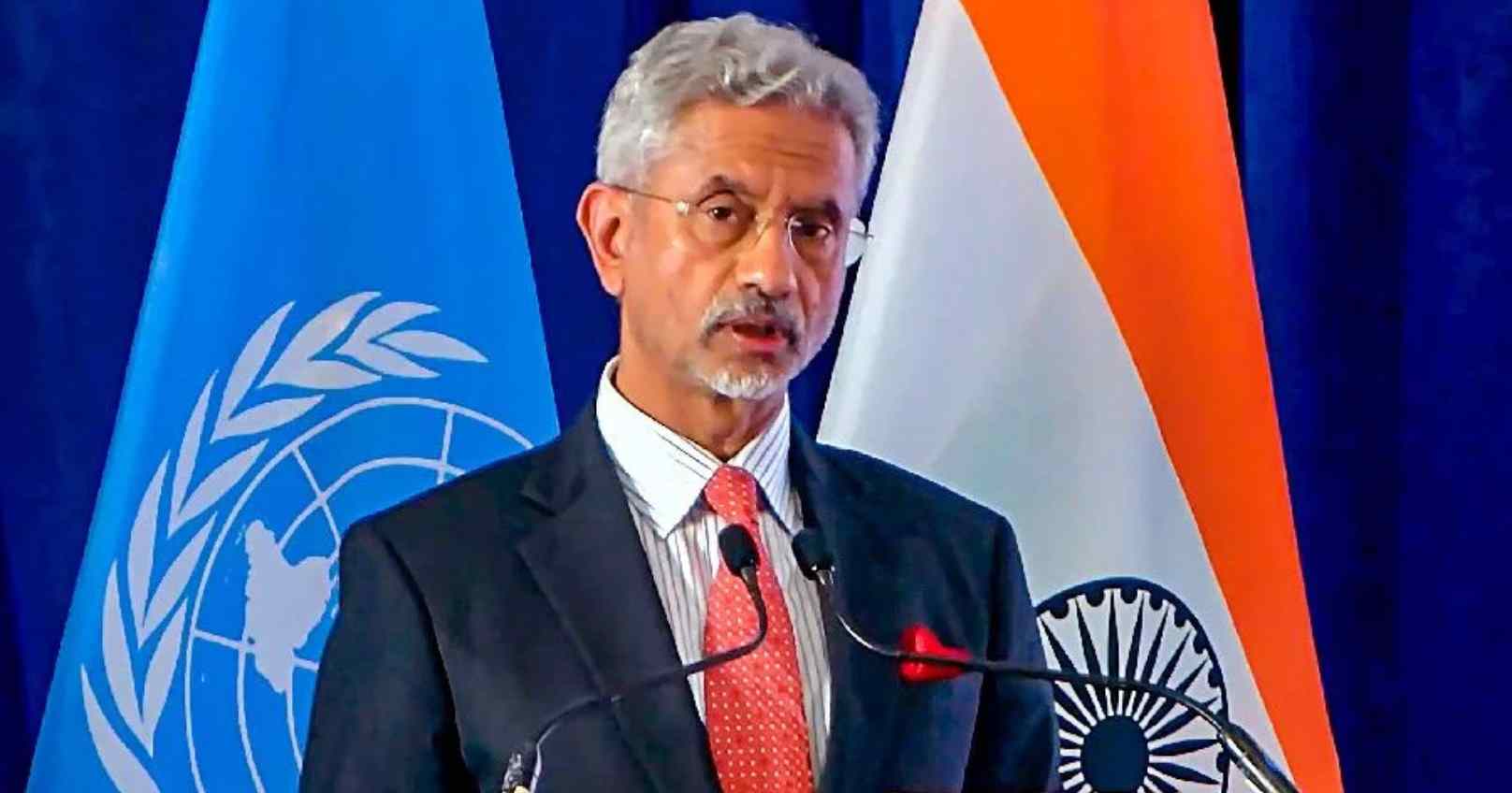India has officially revoked a significant transshipment privilege previously granted to Bangladesh, which allowed its export cargo to pass through Indian land ports, airports, and seaports en route to third countries.
The Ministry of External Affairs confirmed the decision on Wednesday, stating that the arrangement had been causing severe congestion at Indian transit points, leading to delays and higher logistics costs for Indian exporters.
“The transshipment provision for Bangladeshi cargo had, over time, resulted in considerable congestion across Indian airports and seaports. This was negatively affecting the flow of Indian exports,” said the ministry. The facility will no longer be available starting April 8, 2025.
However, the ministry clarified that the decision will not impact Bangladesh’s trade with Nepal and Bhutan via Indian territory. The Central Board of Indirect Taxes and Customs (CBIC) formalised the move in a circular issued on April 8, rescinding the 2020 order that had enabled the arrangement.
The directive also allowed for cargo already inside India under the old policy to continue its journey, as per the previous procedure.
Trade Implications and Rising Competition
Trade analysts say the withdrawal may offer a boost to Indian industries such as apparel, footwear, and jewellery, sectors where Bangladesh has emerged as a strong competitor — especially in garments.
Yunus’s China Pitch Raises Eyebrows
The rollback comes in the wake of controversial comments made by Muhammad Yunus, the Chief Adviser of Bangladesh’s interim administration, during a recent visit to China.
While speaking at a high-level economic roundtable in Beijing, Yunus referred to India’s Northeast as a "landlocked" region, describing Bangladesh as its essential link to the sea. He also pitched Bangladesh as a strategic access point for the Chinese economy to extend its influence into India’s Northeast.
“The Seven Sister states of India are cut off from the ocean. Bangladesh provides their only maritime access. This opens up a vast opportunity and could serve as an extension of China’s economic reach,” Yunus remarked.
His statements sparked sharp criticism from Indian officials. External Affairs Minister Dr. S. Jaishankar, without naming Yunus directly, emphasized India’s own vast coastline and its leadership role in regional connectivity.
“India has nearly 6,500 km of coastline along the Bay of Bengal. Our Northeast is increasingly becoming a critical hub for BIMSTEC connectivity, with expanding networks of roads, rail, and waterways. Our cooperation vision is comprehensive — not selective,” said Jaishankar.
The developments mark a significant strain in regional trade dynamics, especially as Bangladesh prepares for a crucial investment summit and seeks deeper ties with global powers amid economic challenges.







